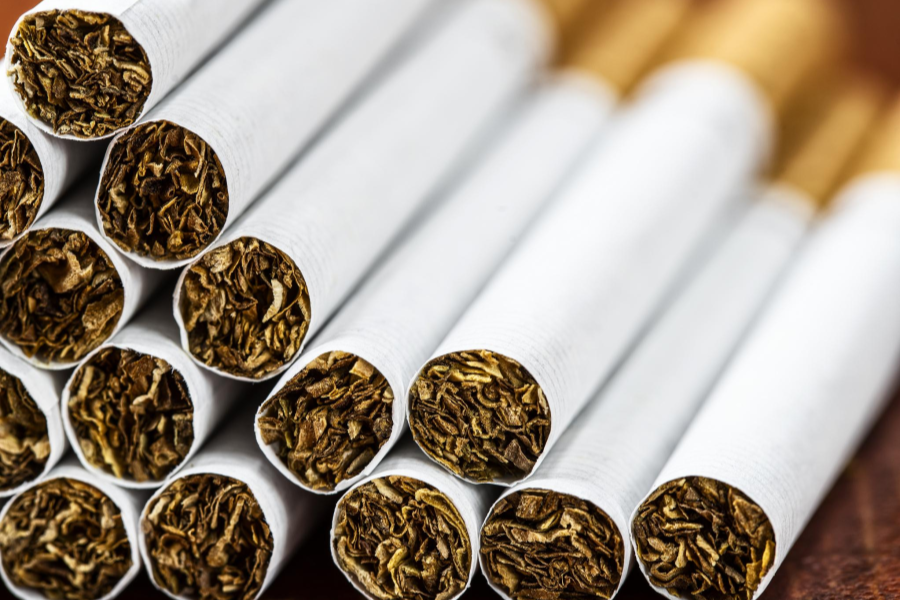
University of Minnesota School of Public Health Assistant Professor Dana Mowls Carroll co-authored a recent commentary in Preventive Medicine on how commercial tobacco policies contribute to inequities, including the unequal and unjust burden of tobacco-related disease and death among racialized populations.
The researchers explained that policies allow the continued sale of menthol cigarettes — especially via targeted marketing — that increase the risk of commercial tobacco use among Black or African American (B/AA) and Indigenous American adults. At the same time, policies banning e-cigarette flavors to prevent young people from starting to vape have received considerable attention. These policies disproportionately benefit white youth, whose e-cigarette use is higher compared to B/AA youth. Although youth e-cigarette use prevention is critical, the level of support, urgency and publicity for banning e-cigarette flavors exceeds that for banning menthol cigarettes, furthering inequities in how regulation benefits various groups.
The writers assert that equitable opportunities for a healthy life can no longer be afterthoughts or secondary aims for policymakers, and call for a health equity lens in commercial tobacco product regulation and provide individual and system-level recommendations that put health equity at the forefront of regulation and research.
Their recommendations include:
- The Food and Drug Administration — which regulates commercial tobacco products at the national level — should address health equity directly while evaluating regulations and prioritizing research that examines how regulations, or lack thereof, may increase or decrease commercial tobacco-related health inequities experienced by B/AA and Indigenous American groups.
- Community engagement is critical and public health professionals must be prepared to do this well. This approach can be used to authentically engage with populations at greatest risk for tobacco-related disease and ensure their voices and wisdom are prioritized during policy development and implementation.
- More B/AA and Indigenous American tobacco regulatory science researchers should be mentored, recruited and supported in their training.
- This work must start with understanding the roots of inequities. All researchers must educate themselves about the cultural and historic contexts in which their academic and community institutions exist and their impacts on B/AA and Indigenous communities.
“Striving for the highest possible standard of health for all people means that we must educate ourselves on the true roots of inequities, particularly racism, and identify public health approaches and policies that are anti-racist,” said Carroll. “I am interested in how populations that bear the greatest smoking-related burdens benefit to a lesser extent from, or can even be harmed by, the implementation or lack of tobacco-related policies when compared with socially privileged populations.”
This research was supported by the National Institute on Drug Abuse of the National Institutes of Health (NIH), by the National Institute on Minority Health and Health Disparities of the NIH and the Center for Tobacco Products of the U.S. Food and Drug Administration.
-30-
About the School of Public Health
The University of Minnesota School of Public Health improves the health and wellbeing of populations and communities around the world by bringing innovative research, learning, and concrete actions to today’s biggest health challenges. We prepare some of the most influential leaders in the field, and partner with health departments, communities, and policymakers to advance health equity for all. Learn more at sph.umn.edu.
- Categories:
- Health
- Health policy




